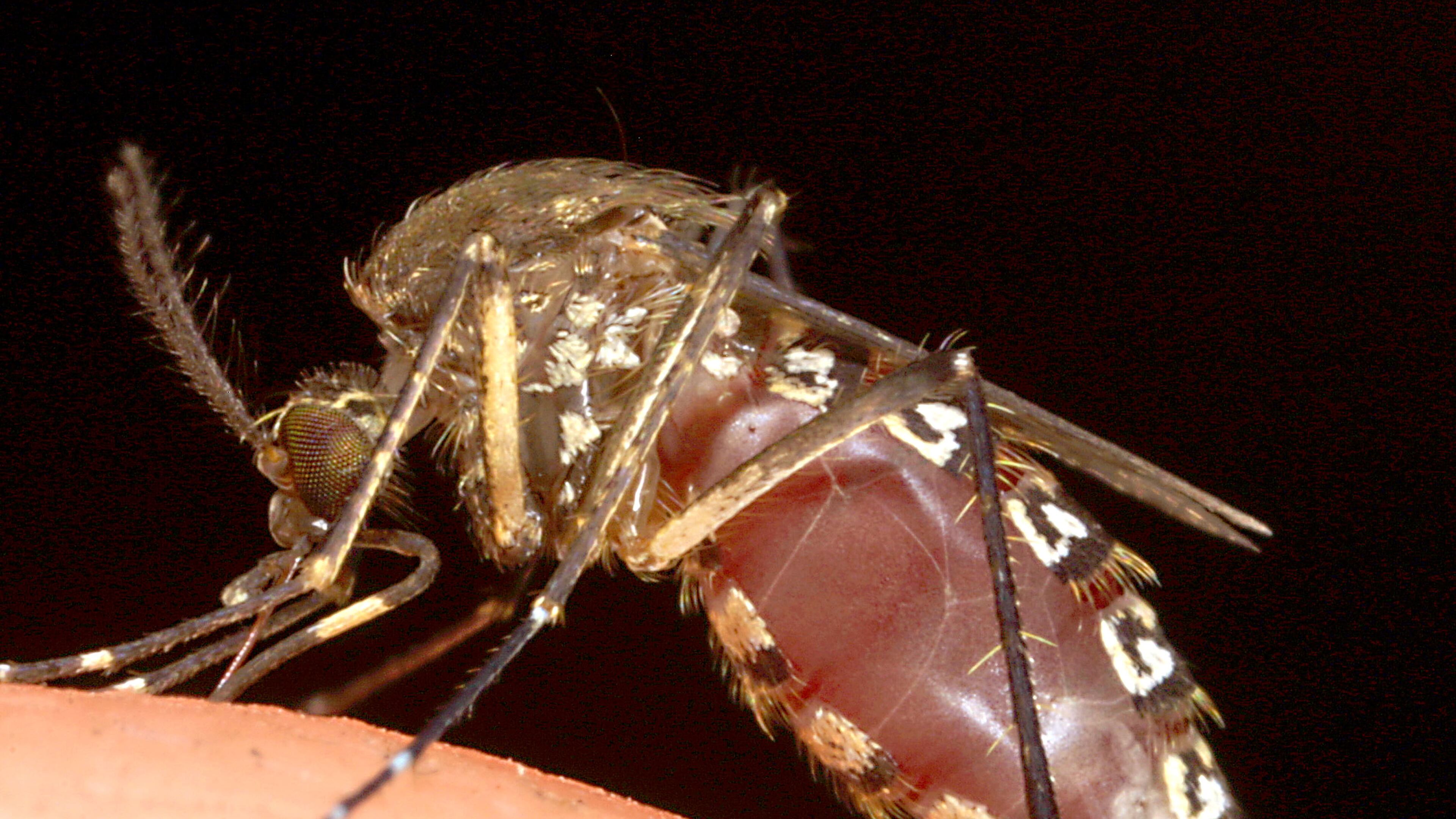Zika virus threat not over yet

The Zika Virus isn’t going away anytime soon.
That’s the warning from a leading researcher of the virus.
Adre du Plessis, director of the Children’s National Health System’s Fetal Medicine Institute in Washington says people should continue to take precautions if traveling to affected areas even though the virus isn’t front and center in the news anymore.
“The crucial issue here is that if the babies get it and it affects their brain, that’s the whole life of that baby essentially committed to misery,” said du Plessis, who co-directs the Zika Congenital Virus Program at the Children’s National Medical Center. “It’s an ongoing problem.”
CDC data show 6 percent of babies carried by Zika-infected mothers are born with birth defects.
That number jumps to 11 percent if the virus was transmitted to the mother in her first trimester.
Du Plessis is concerned the number of infected patients is far under reported.
“We don't know how many mothers are infected so we don’t know what the denominator is," du Plessis said. “And, we aren’t entirely clear of how many babies’ brains are involved."
Du Plessis says the winter months have decreased the number of reported cases but he is concerned those numbers will tick up again during the summer months.
The CDC reports 39,350 reported cases of the disease in the United States and territories with 3,947 in pregnant women.
The World Health Organization declared in November that the Zika Virus was no longer a public health emergency.
“The fact that declaration has been withdrawn certainly doesn’t mean it’s not a risk anymore,” said du Plessis. “Dropping our guard may be unwise.”
The CDC awarded more than $184 million this week in funds to states and towns to fight the spread of the disease.
$10 million of that money is going to local cities and towns in Florida and Texas, the two states with confirmed locally transmitted cases of the mosquito-borne virus.
Congress approved the money this fall after months of debate.
More Stories
The Latest

